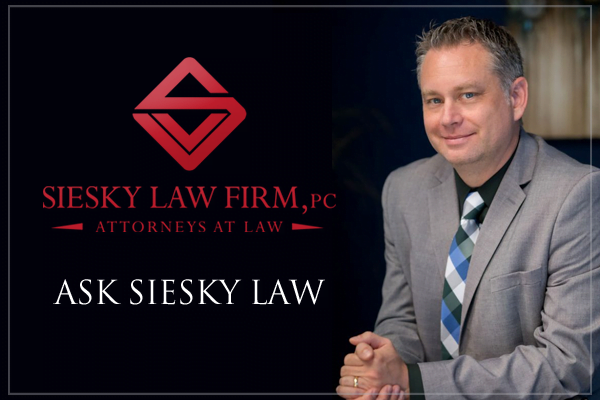Q: A relationship that I was involved in ended poorly and now my former partner is spreading lies about me on social media. I have repeatedly asked her to stop defaming my character; however, she continues to spread untruths. At what point does a scenario such as this become a legal matter? Is there a certain line that must be crossed before someone has the right to defend themselves, legally speaking?
A: In Indiana, there is a civil tort (claim) for defamation. Generally, defamation is defined as the act of communicating (with malice) false statements (that are not privileged) about a person to the public that injure the reputation of that person. Defamation can take two forms – libel (in writing) and slander (spoken). For defamation to rise to a level where it is legally actionable, there must be provable special damages. In plain terms, successfully prosecuting a claim for defamation is not easy.
To go into a little more detail, someone’s opinion may not constitute a false statement. Further, one must prove the person making a false statement acted with malice. When someone acts with malice, that means they meant to make a false statement and cause harm.
Moreover, some statements are privileged and therefore cannot be the subject of a claim or the privilege may limit what damages can be recovered. Privileged means that the law will not allow you to make a claim for a false statement because the law wants to encourage statements to be made in a certain context. For instance, statements made in papers filed with Court may be privileged or statements made by the media may be retracted after notice.
Proving damages can also be difficult. In other words, even if someone made false statements about you, you still must prove that you were injured financially. However, certain false statements are defamatory per se. The following can be examples of defamatory per se statements:
· criminal conduct;
· a loathsome disease;
· misconduct in a person’s profession or occupation; or
· sexual misconduct.
If a statement is defamatory per se, then one need not prove special damages to successfully bring a claim.
Finally, the truth is generally a defense to a defamation claim. So, if someone made a statement about you that was not nice, but the statement was true, then the person making the statement may have a complete defense to your claim of defamation.
As with most things in the law, nothing is simple or easy. So, if you feel you have been defamed and want to consider bringing a claim you should consult a knowledgeable attorney.
*this is an advertisement

